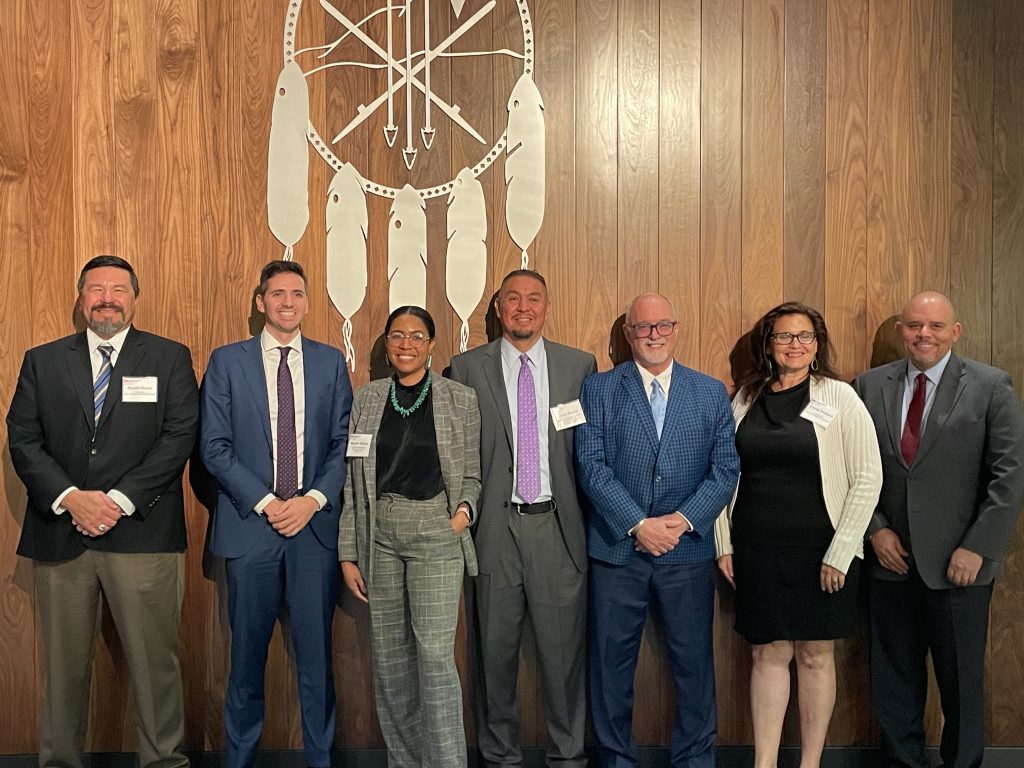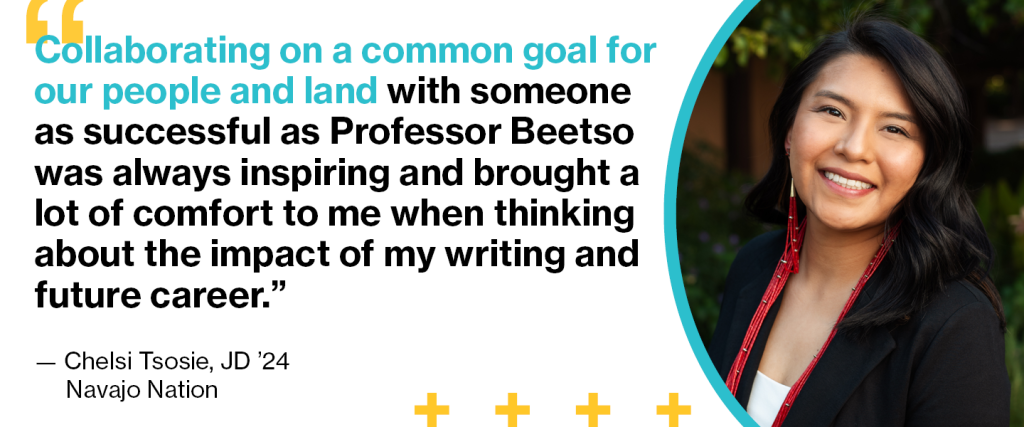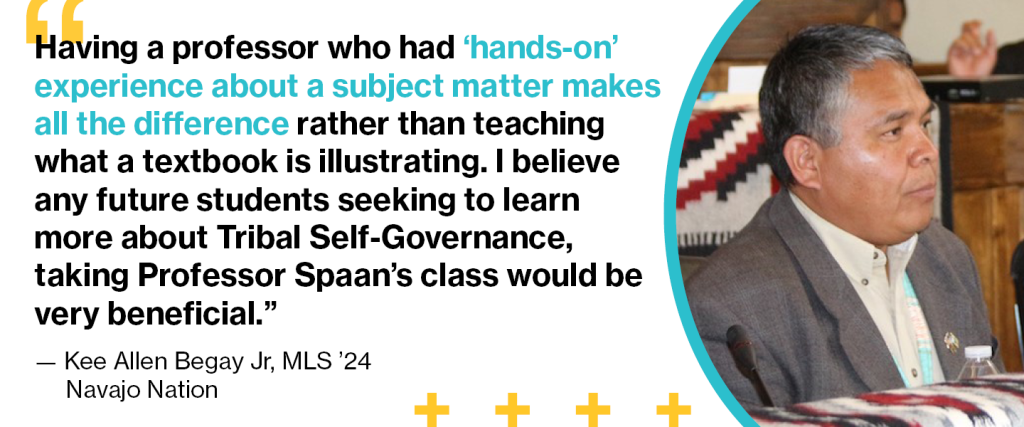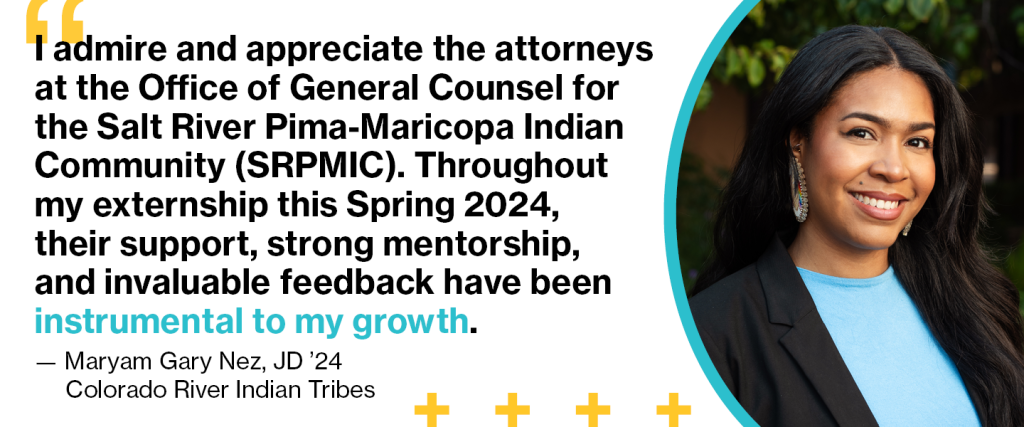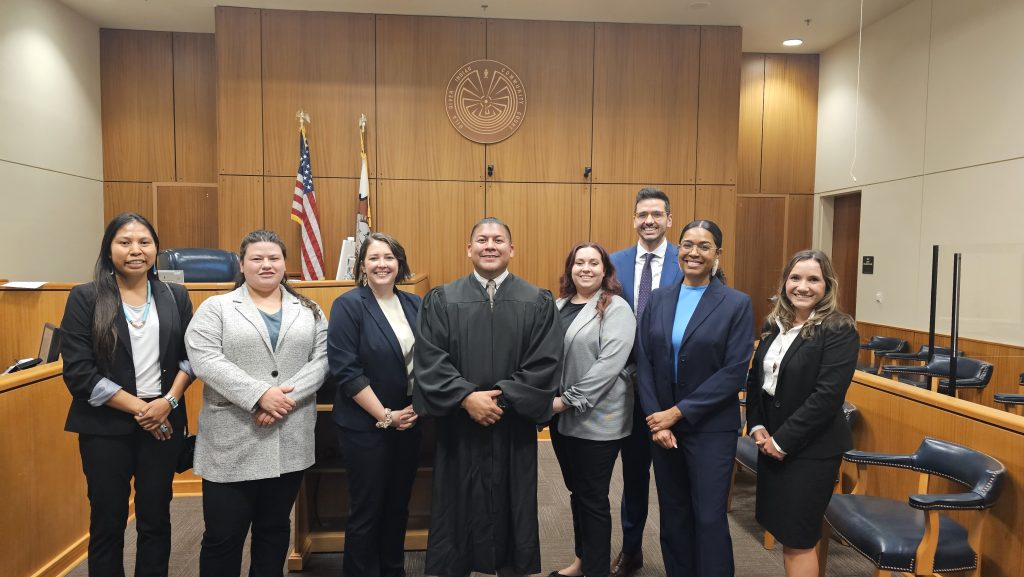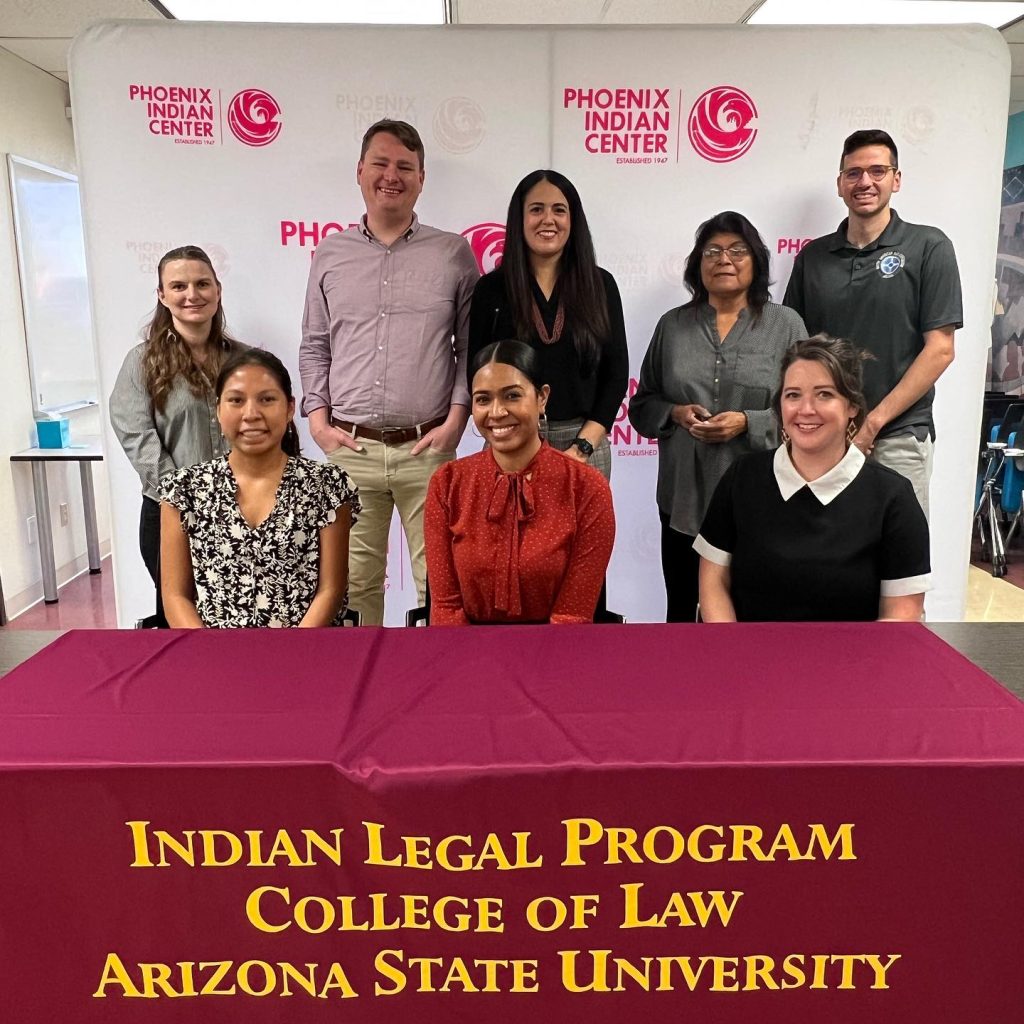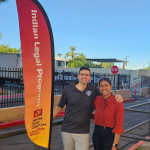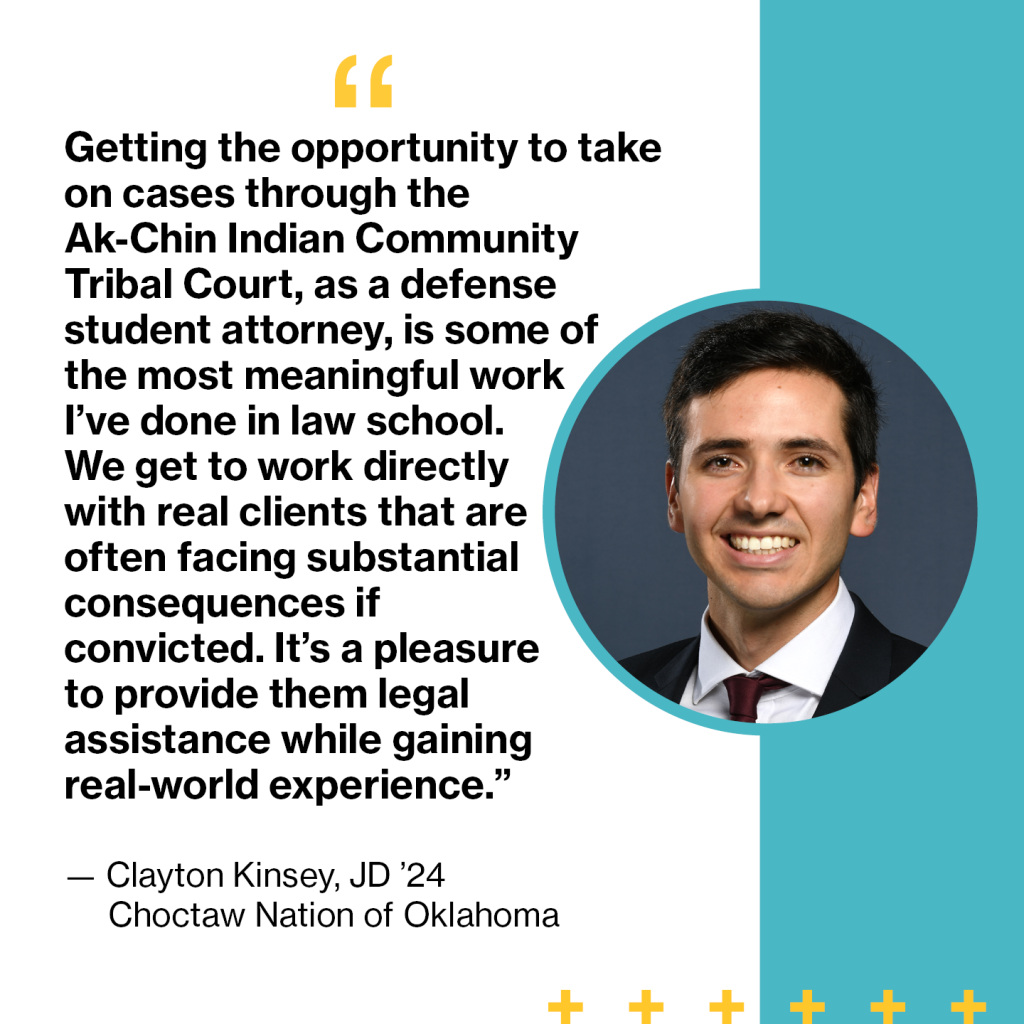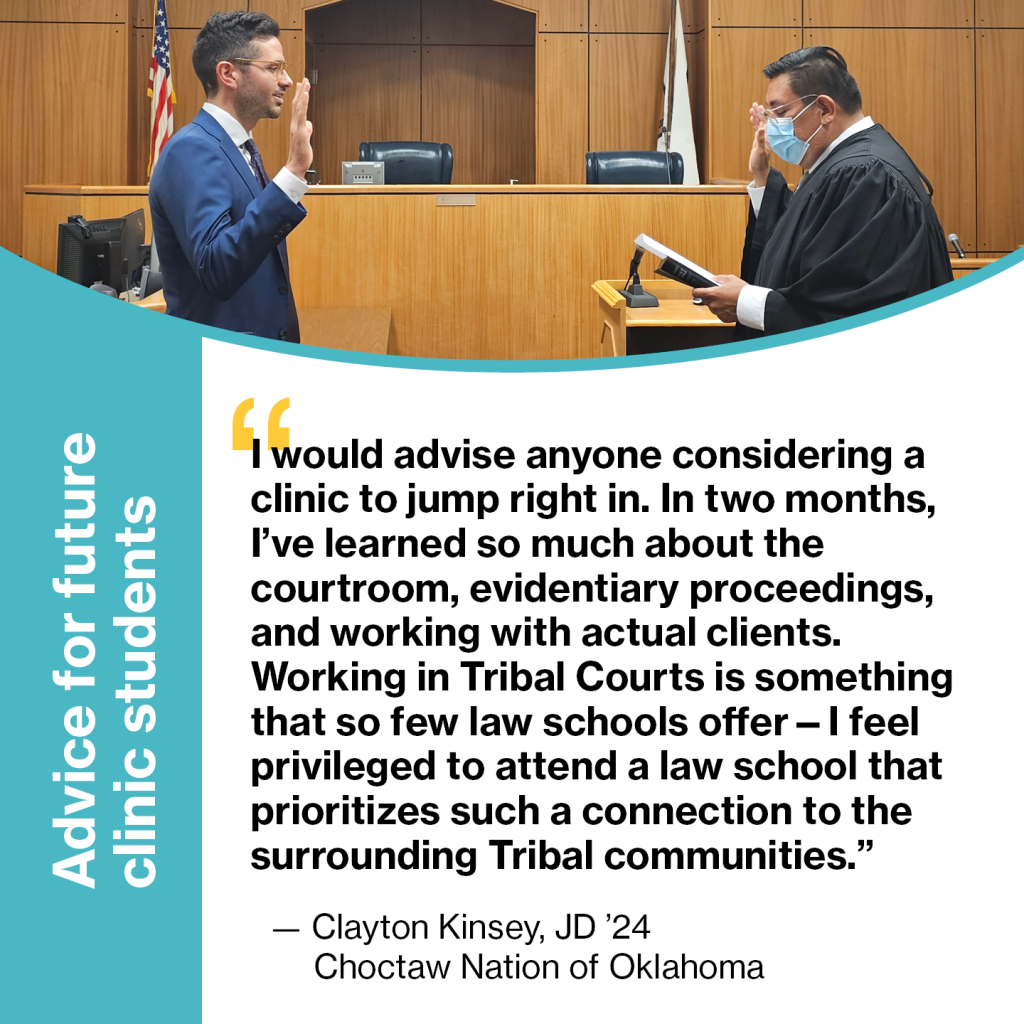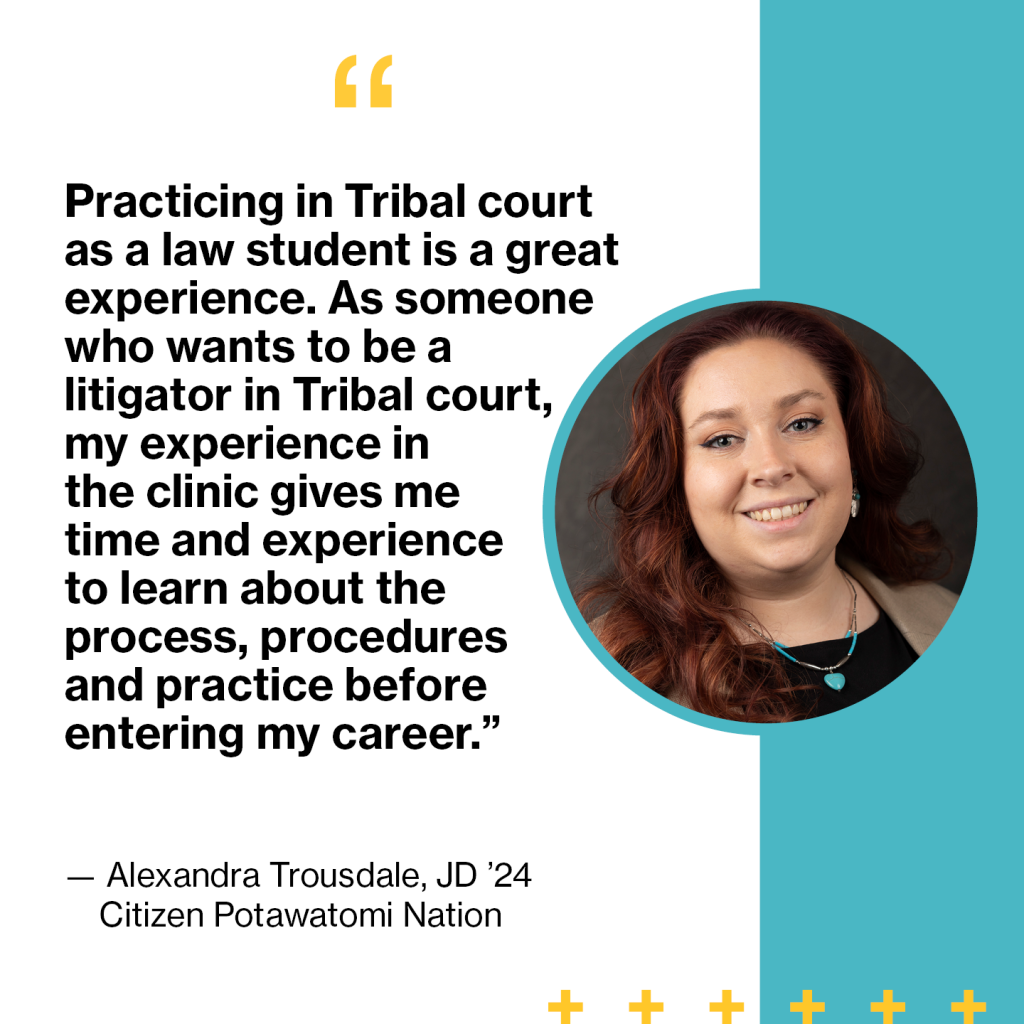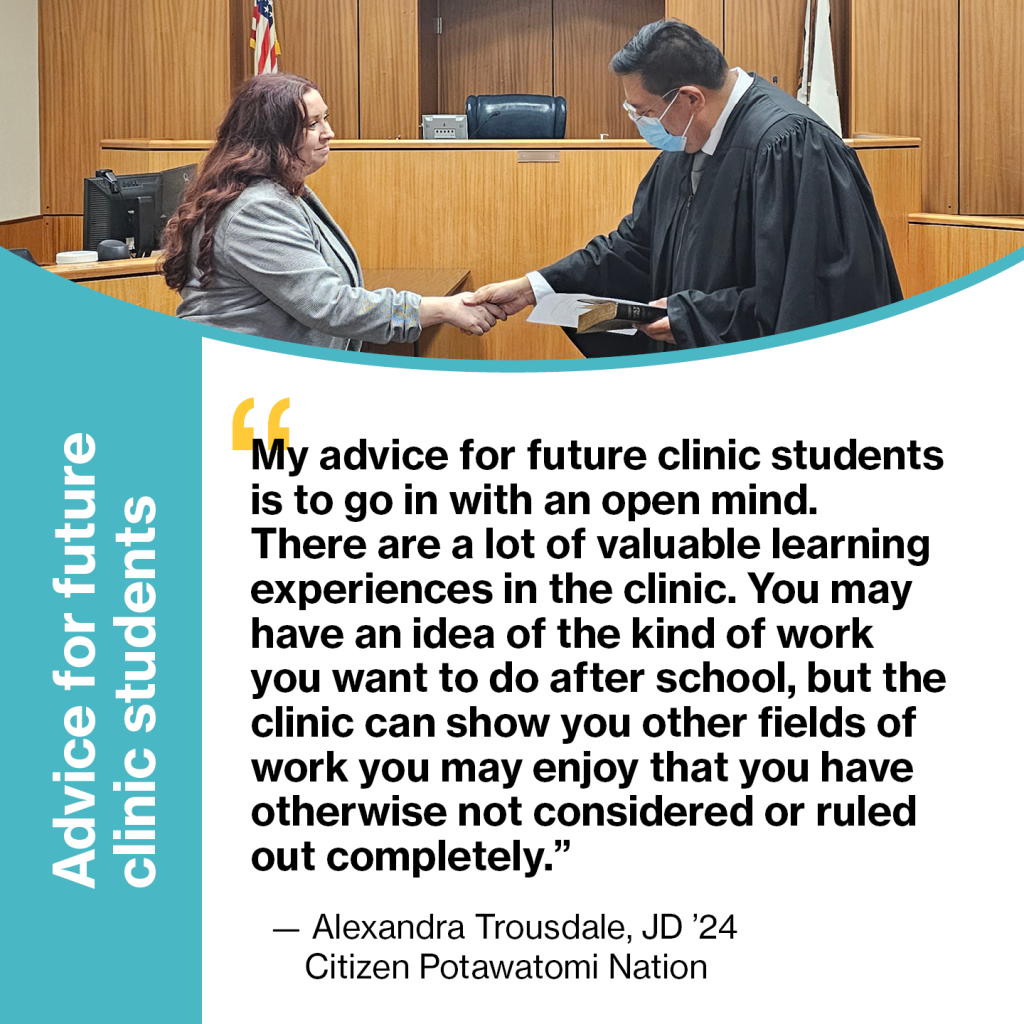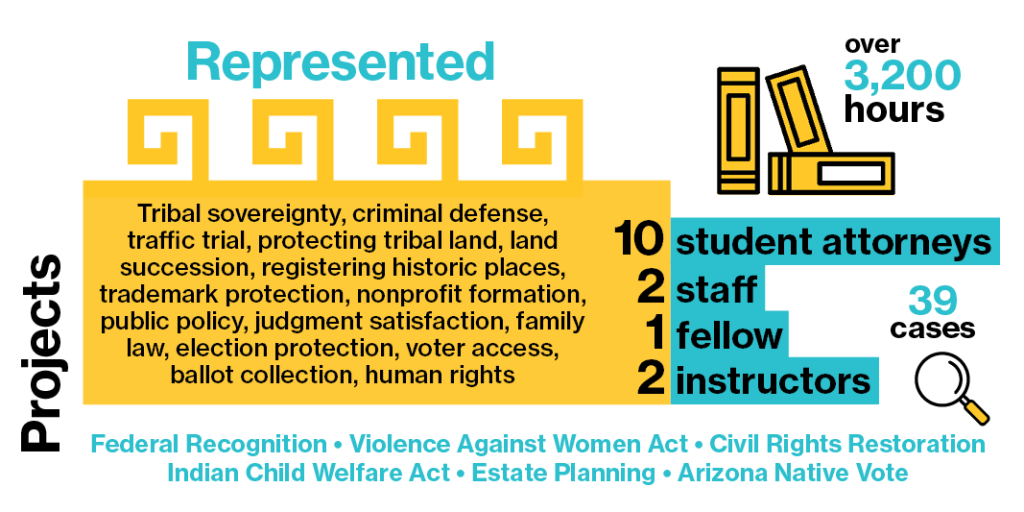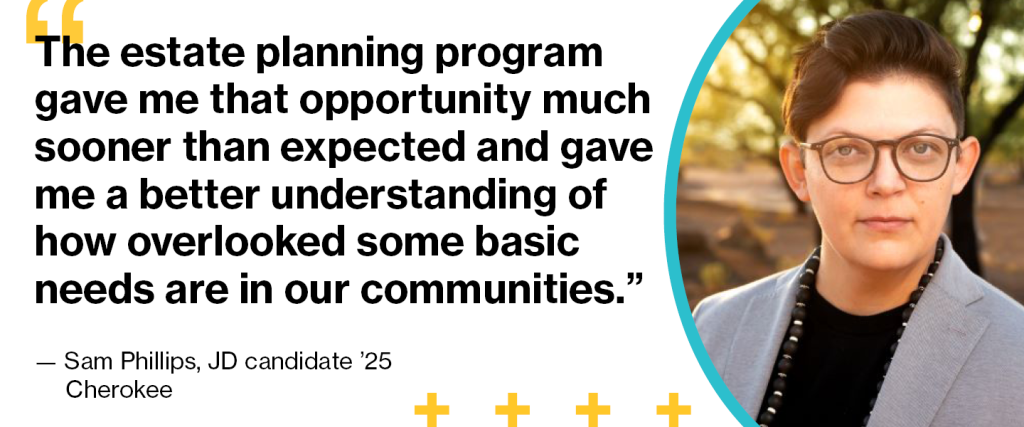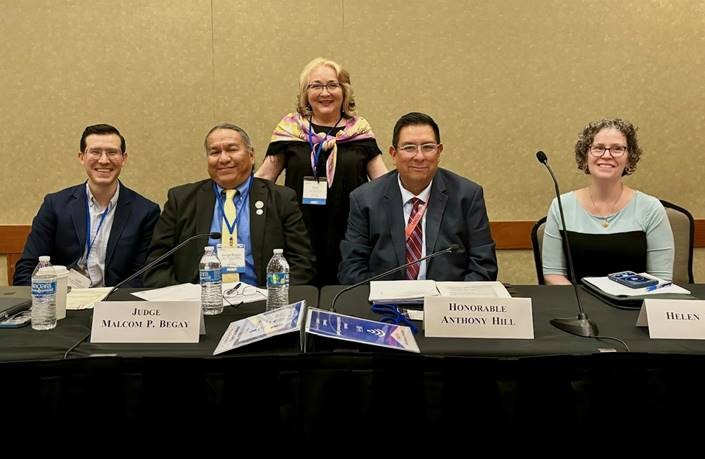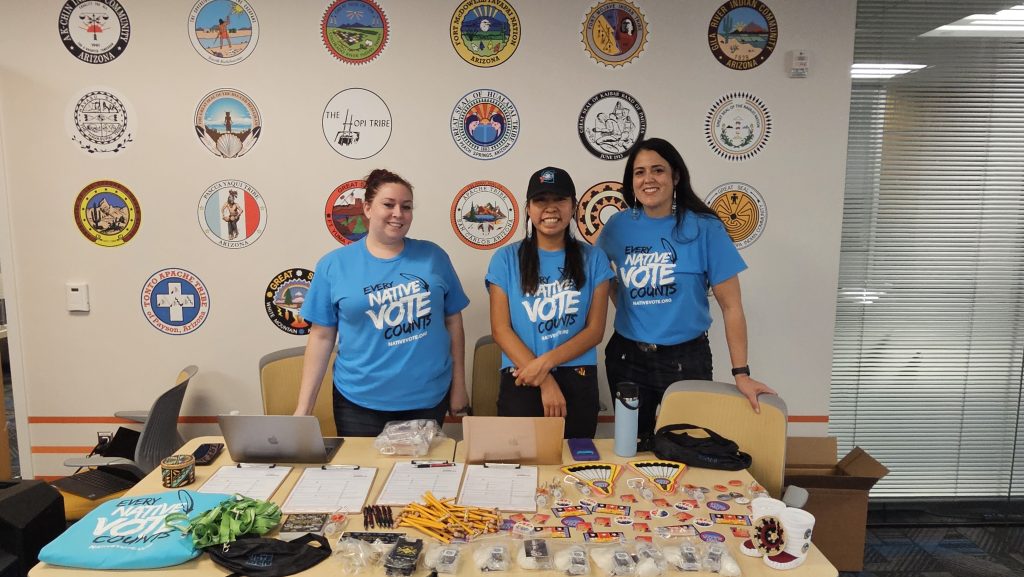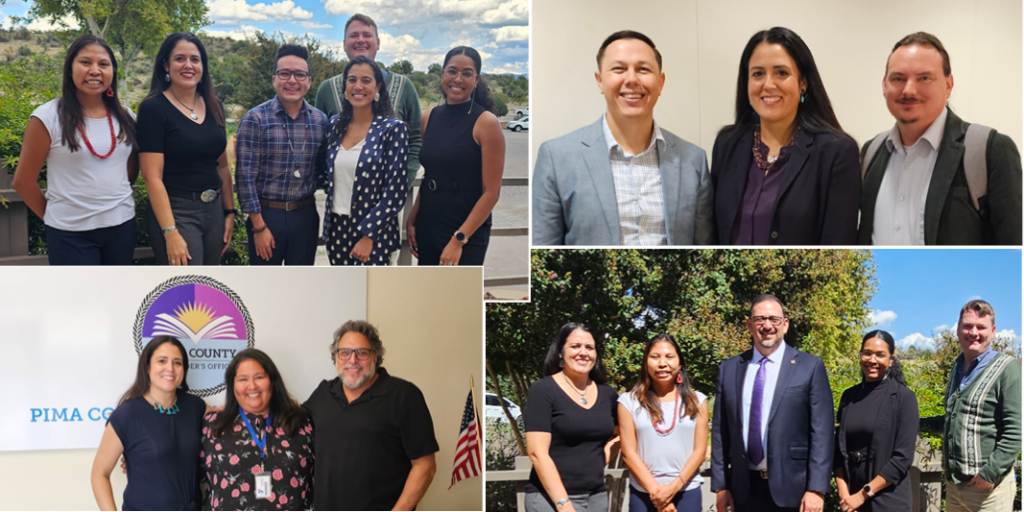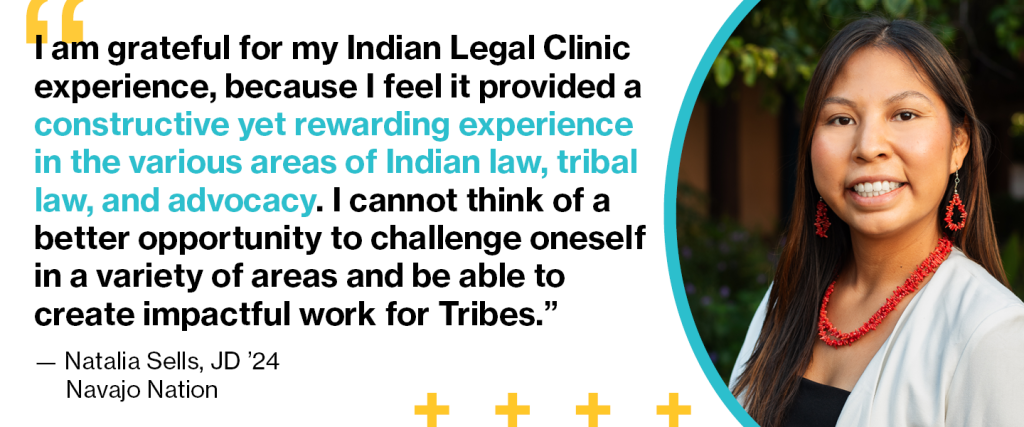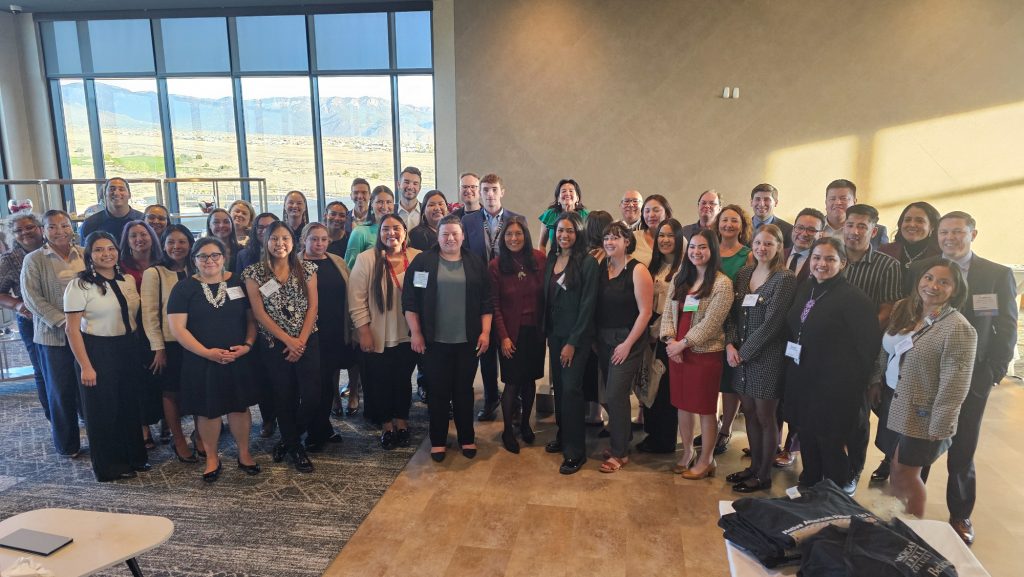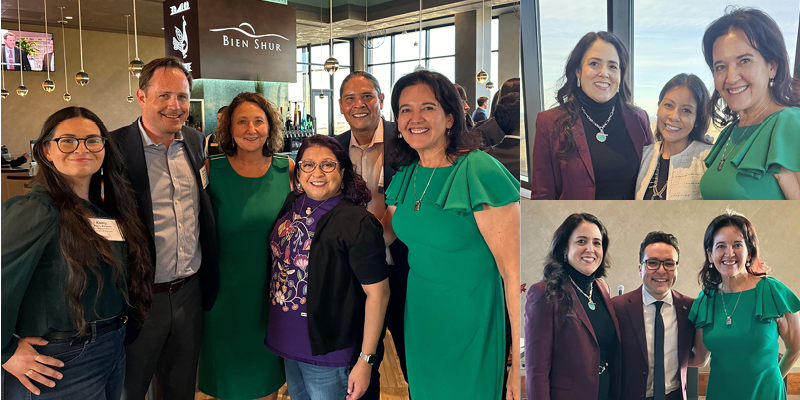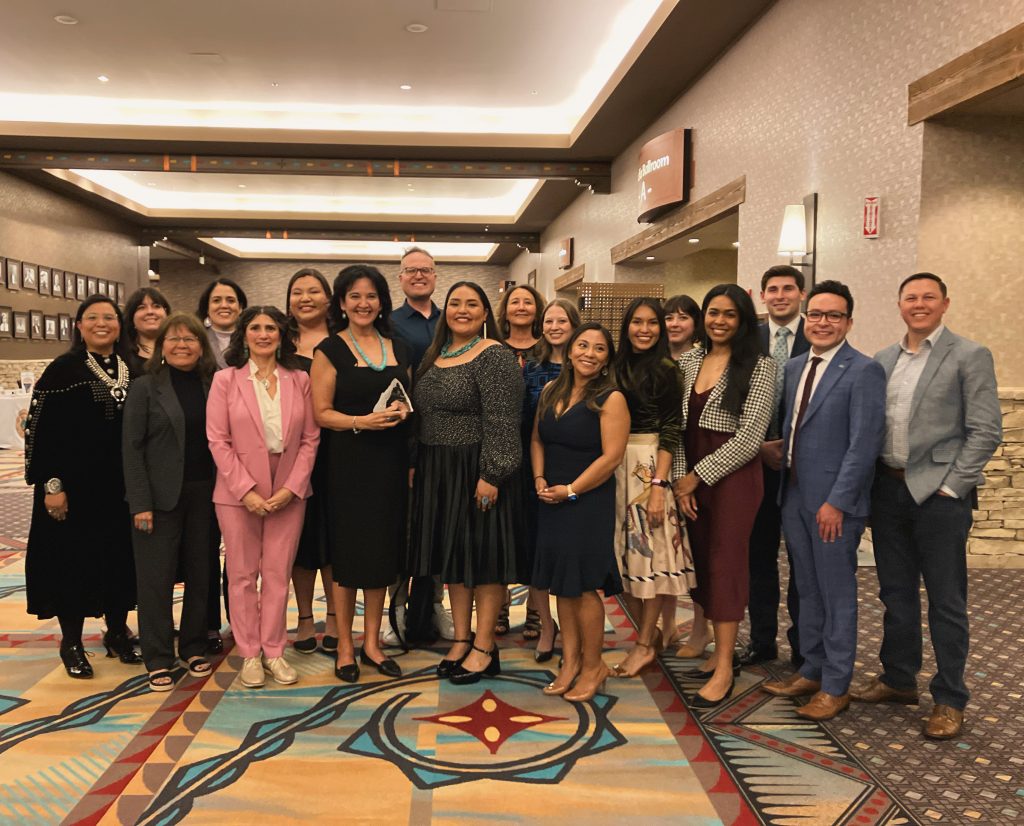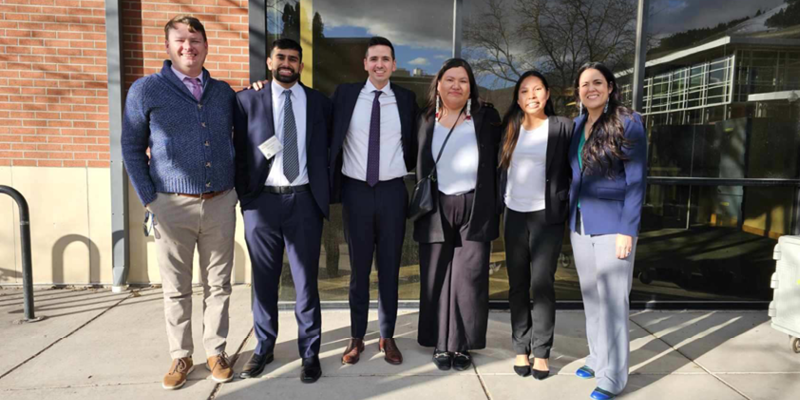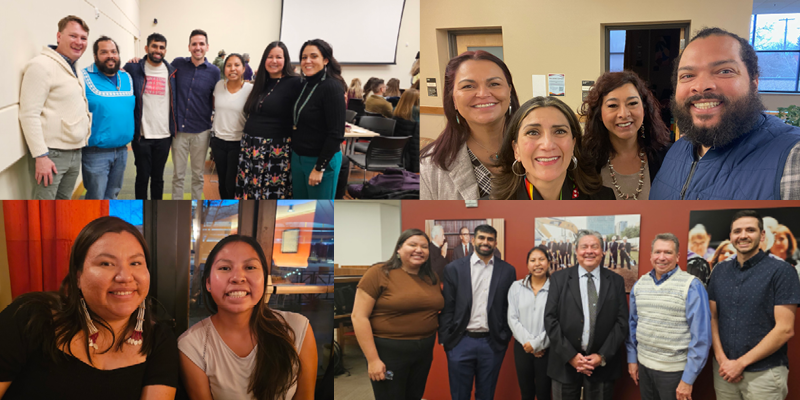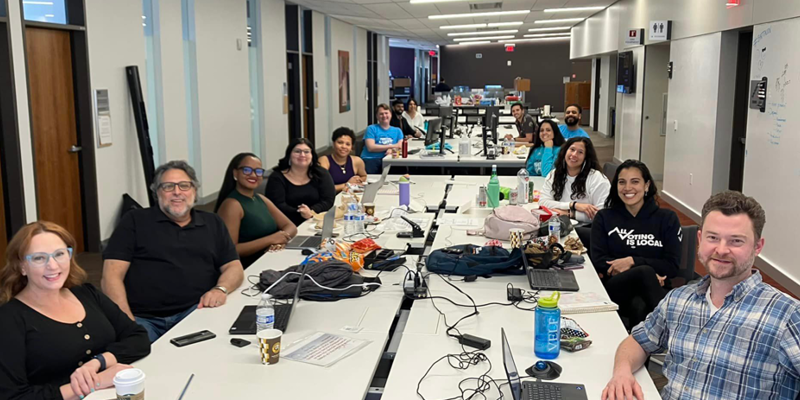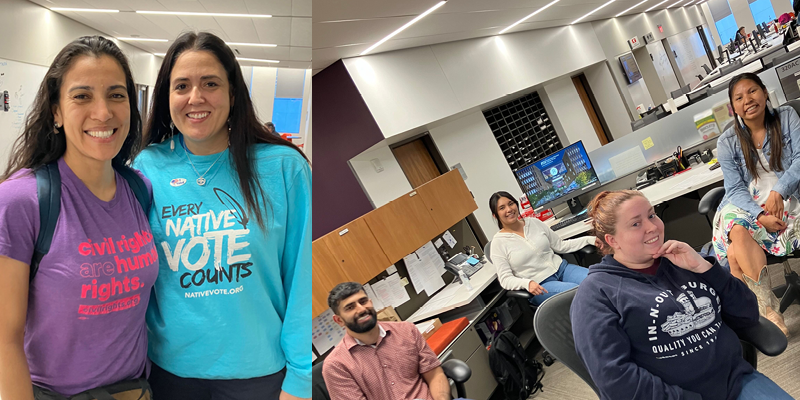Department of the Interior
Office of the Solicitor
Pacific Southwest Region
Sacramento, CA
Closing date: 06/18/2024
Salary: $96,148 – $175,645 per year
The selected attorney will serve as an Attorney-Adviser at the Sacramento Regional Off ice of the Pacific Southwest Region. Inparticular, you will provide quality legal research, analysis, advice, and representation to the Bureau of Indian Aff airs (BIA) andNational Park Service and other off icials of the Department of the Interior. Your specific duties will include:
- A major focus of this position will be on Federal Indian law and other issues aff ecting the BIA Pacific Region, including land andenvironmental law issues, National Environmental Policy Act and permitting matters, contracting issues (primarily under theIndian Self-Determination and Education Assistance Act), leasing and right-of-way issues, trespass issues, forestry issues, andgrazing issues.
- Representing BIA Pacific in administrative hearings or appeals, including possible appearances before the Interior Board ofIndian Appeals, the Civilian Board of Contract Appeals, and state agencies in California. Responsibilities will also includeassisting the U.S. Department of Justice (DOJ) in representing BIA Pacific in federal, state or tribal judicial proceedings.
- Requires cooperative and productive interactions with off icials and staff of BIA Pacific, off icials and staff of the National ParkService or other bureaus of DOI; other attorneys within the Solicitor’s Off ice; attorneys in DOJ, including attorneys in the off icesof the U.S. Attorneys; off icials and attorneys in other Federal agencies; and State, local, or tribal off icials and attorneys. Therewill also be interactions with attorneys and others representing non-governmental interests.
- Requires detailed familiarity with Indian law and the possession or development of detailed familiarity with such laws as: theAdministrative Procedure Act, the National Environmental Policy Act, the Indian Self-Determination and Education AssistanceAct, and the National Historic Preservation Act.
- The other focus of this position will be on legal issues aff ecting the National Park Service, on areas of practice that include, butare not limited to Freedom of Information Act, Privacy Act, cooperative agreements, right-of-way permitting, land use planning,environmental law, water law. Statutes that the incumbents must be familiar with include, but are not limited to, NationalEnvironmental Policy Act, Endangered Species Act, National Historic Preservation Act, Administrative Procedure Act, Freedomof Information Act, and Privacy Act. The incumbent must also be able to interpret and provide advice related to the variousregulations implementing the above statutes, as well as regulations implementing bureau programs.
For full job description and to apply, go here

